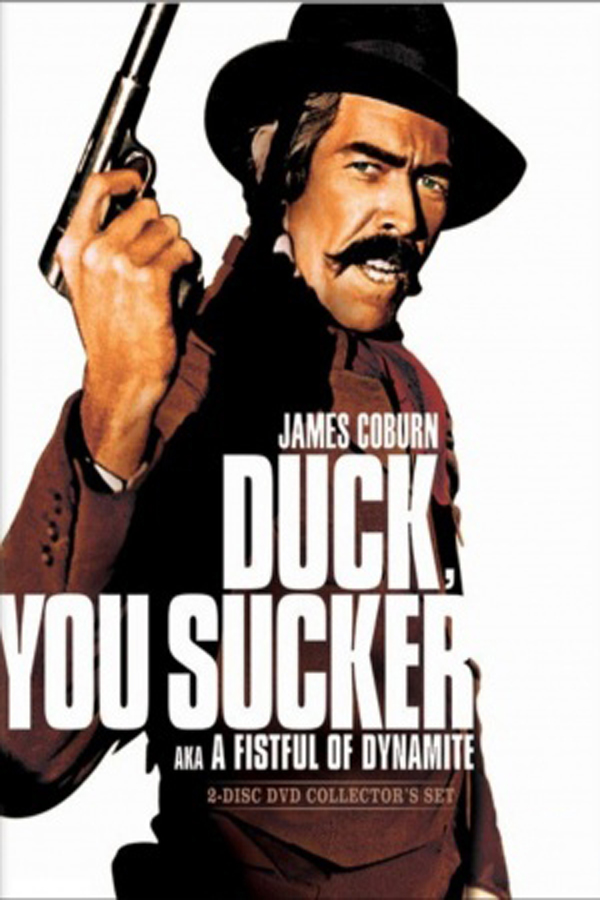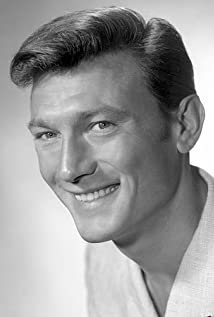Laurence Harvey
Laurence Harvey was a British movie star who helped usher in the 1960s with his indelible portrait of a ruthless social climber, and became one of the decade's cultural icons for his appearances in socially themed motion pictures.
Harvey was born Zvi Mosheh Skikne on October 1, 1928 in Joniskis, Lithuania, to Ella (Zotnickaita) and Ber Skikne. His family was Jewish. The youngest of three brothers, he emigrated with his family, to South Africa in 1934, and settled in Johannesburg. The teenager joined the South African army during World War II, and was assigned to the entertainment unit. His unit served in Egypt and Italy, and after the war the future Laurence Harvey returned to South Africa and began a career as an actor. He moved to London after winning a scholarship to the Royal Academy of Dramatic Arts. He then did his apprenticeship in regional theatre, moving to Manchester in the 1940s. The tyro actor reportedly supported himself as a hustler while appearing with the city's Library Theatre. Even at this point in his life he was known to be continually in debt and adopted a firm belief in living beyond his means, a pattern that would continue until his premature death. His lifestyle would often dictate working on less worthy projects for the sake of a paycheck.
His film debut came in House of Darkness (1948), and he was soon signed by Associated British Studios. His early film roles proved underwhelming, and his attempt to become a stage star was disastrous - his debut in the revival of "Hassan" was a notorious flop. After failing in the commercial theater in London's West End, Harvey joined the company of the Shakespeare Memorial Theatre at Stratford-upon-Avon for the 1952 season. Regularly panned by critics during his stint on the boards in the Bard's works, he built up his reputation as a personality by becoming combative, telling the press that he was a great actor despite the bad reviews. Someone was listening, as Romulus Pictures signed him in 1953 and began building him up as a star.
Harvey was cast as Romeo in Romeo and Juliet (1954), a film that exemplified the main problem that kept Harvey from major stardom (but subsequently would serve him quite well in a handful of roles): his screen persona was emotionally aloof if not downright frigid. Despite his icy portrayal of the great romantic hero Romeo, Harvey attracted enough attention in Hollywood to be brought over by Warner Bros. and given a lead role in King Richard and the Crusaders (1954).
In Old Blighty with Romulus after his Hollywood adventure, Harvey met his future wife Margaret Leighton on the set of The Good Die Young (1954). Other film appearances included I Am a Camera (1955) and Three Men in a Boat (1956), the latter becoming his first certified hit, and even greater success was to come. The colorful Harvey, a press favorite, became notorious for his high-spending, high-living ways. He found himself frequently in debt, his travails faithfully reported by entertainment columnists. More fame was to come.
After making three flops in a row, Harvey began a brief reign as the Jack the Lad of British cinema with the great success of Room at the Top (1958). That film and Look Back in Anger (1959), which was also released that year, inaugurated the "kitchen sink" school of British cinema that revolutionized the country's film industry and that of its cousin, Hollywood, in the 1960s.
Harvey was born to play Joe Lampton, if not in kin, then in kind. Lampton was a working-class bloke who dreams of escaping his social strata for something better. It was a perfect match of actor and role, as the icy Harvey persona made Joe's ruthless ambition to climb the greasy pole of success fittingly chilling. In bringing Joe to life on the screen, Harvey was more successful than Richard Burton (a far better actor) had been in limning the theater's Jimmy Porter in the film adaptation of John Osborne's seminal "Look Back in Anger," despite Burton's own working-class background. Burton's volcanic use of his mellifluous voice, a great instrument, is much too hot for the the small universe on the screen, a case of projection that is so intense that it overwhelms the character and the film (it took Burton another half-decade to learn to act on film, and a half-decade more to lose that gift). Whereas Burton had to learn to rein it in, Harvey's already tightly controlled persona made the social-climbing Lampton resonate. Harvey fits the skin of the character much better than does Burton. Despite not being an authentic specimen, the success of his performance as a working-class man-on-the-make proved to be the vanguard of a new generation of screen characters that would be played by the real thing: Albert Finney, Tom Courtenay, Terence Stamp and Michael Caine, among others. "Room at the Top" signaled the appearance of the New Wave of British cinema. For his role as Joe, Harvey received his first (and only) Academy Award nomination.

